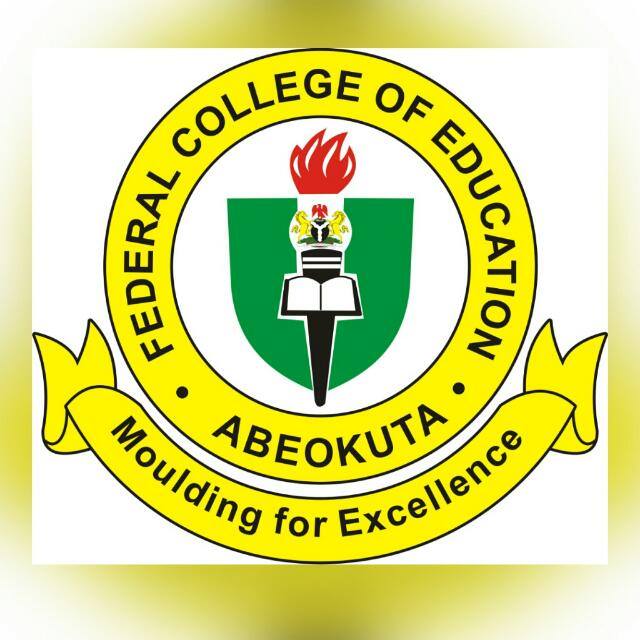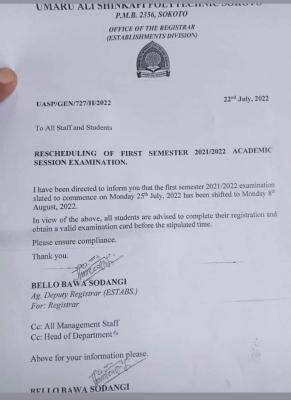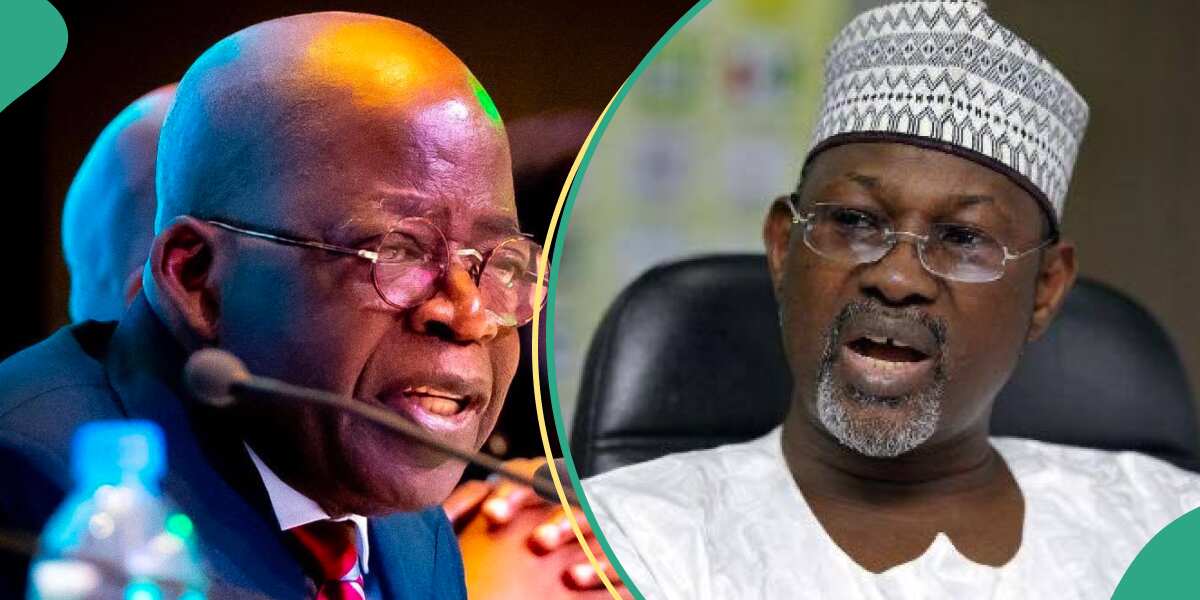
Regrettably, Nigerian governments do not fund documentation and safeguarding. Government implements economic injunctions from the World Bank but neglects those on culture, which is the foundation of sustainable development and modernization”
—Prof. Karin Barber 2013
Have you read Prof. Femi Taiwo’s latest book: “Africa "Must be Modern?” The question was put to me in a gentle whisper by G. G. Darah, Professor of Oral Literature and Folklore at last week’s Conference of the Nigerian Oral Literature Association held in Ibadan. At Darah’s beckoning, I sat next to him in one of the plenary sessions. Sitting close to Darah and myself was renowned Kenyan academic and poet, Prof. Chris Wanjala, who in the course of his trip would later weep for Nigeria when he saw the desolation that had overtaken the National Arts Theatre, Iganmu since the FESTAC colloquium of 1977 when he last visited the country.
Answering Darah’s question, I said, “No, I haven’t but Taiwo mentioned the book to me in the course of our ecstatic reunion in my office at Lead City University last month.” Taiwo is one of Nigeria’s finest minds and Professor of Philosophy at Cornell University in New York. Of course, I needed no further prodding to grab a copy of the book at the earliest opportunity and to race through its brilliant, polemical, sometimes actively debatable contents for the next two days. It turned out that one of the most interesting sections of the book, at least for me, relates to the search for indigenous narratives and tropes on which to anchor our development experience and scholarship – one of the key themes of the Oral Literature conference.
Obviously, the matter of creating a knowledge society in Nigeria, and by implication, a modern one is related to emerging concerns about how knowledge generation, transmission and sharing are context bound activities. In other words, folklore, cultural and linguistic diversities are increasingly viewed as central to and affect the architecture of knowledge systems.
Let us illustrate this with reference to the way in which farmers adopt or reject high yielding crop varieties introduced from the industrialised West. A rural geographer and international development expert, Dr. Oluwayomi Atte, told the story once of how shocked some development experts were when farmers in a particular locale, unanimously opted for a local grain variety rather than an imported version which grew rapidly and boosted production. Upon interrogation of the farmers on this apparently irrational behaviour, the experts were told that the farmers could put the local grain to a variety of culinary uses which the imported variety did not afford. The dialogue between the experts and the farmers resulted in the adoption of both varieties of grain, one for export and the other to cater for the different food tastes of the farmers.
This buttresses the point about different knowledge cultures in which in the words of one expert “knowledge is understood to gain meaning as a result of the way it is used in the context of interaction.” This also provides the context for Taiwo’s critique of our universities as externally oriented to the extent that its workers are more inclined to ‘garnering honours from outside’ than producing knowledge that will impact on Nigerian on African problems.
A knowledge society is one which sets out to employ knowledge to ameliorate the human condition and one in which knowledge is prized as a principal resource both for its own sake and in problem solving capacities. We are, Taiwo insists, not developing knowledge communities constituted by expertise on Nigerian and African conditions; enriched by debates on local problems and developing policy competencies around indigenous puzzles. To illustrate his point, Taiwo refers to the insistence of our universities that the results of researches on local themes should be published in so-called “international journals” to be recognised.
He argues, first of all, that all international journals are local in their countries of origin. There is also, he maintains an element of self-devaluation in appealing to experts’ validation in a context where most of these experts are not very informed about Africa. Taiwo’s position, which must of course be weighed against the possibility of the rigging of internal evaluation criteria (“man know man”) is of more general application in our national life.
If Nigeria were a knowledge society, Taiwo says, the city of Ibadan, location of several momentous events in Nigerian history such as the assassination that preceded the second military coup of 1966 would have generated their own academic mini-industry. Similarly, the activities of the charmed circle of writers and iconic artists such as Wole Soyinka, Ulli Beier, Chinua Achebe, J. P. Clark, Duro Ladipo, who at one point all flourished in Ibadan, would have produced several memorable studies.
In contrast to such expectations, Taiwo laments that, “Ibadan, as far as I know, does not even have a historical society, has no bodies for historical preservation; and hosts no archivist of its intellectual and material artifact.” What is true of Ibadan, one of the largest cities on the continent is also true for the rest of the country and reflects just how much taste or attention we have for documentation, storage and retrieval. Is it any wonder then that young Nigerians educated abroad, write with reverence about George Washington, Abraham Lincoln and other American founding fathers but know next to nothing about Nnamdi Azikiwe, Obafemi Awolowo or Ahmadu Bello?
Taiwo, like several eminent Nigerian academics, is in my view mistaken, however, when he sees the spreading embrace of Christianity as “a slide to ‘irrationality’ and the manifestations of a ‘virulently anti-knowledge society’”. Taiwo must know having lived in the United States for many years that the universities of Harvard, Yale and Princeton were founded by Christian ministers. Princeton’s motto, “Deisub nomine viget” (Under God she flourishes) underlines its Christian origins. In Nigeria, the educational antecedents of Pastor E.A. Adeboye, Pastor W. F. Kumuyi, Bishop Matthew Kukah, Bishop David Oyedepo all of who not only have doctorate degrees but are in the main founders of universities speak to enlightening auspices. What then is “irrational” or “anti-knowledge” about balanced Christianity?
Interestingly, Taiwo mentions the divorce between intellectuals based outside the universities and those in the Ivory Tower as an index of weak and incoherent knowledge system. I perfectly agree with him on this score and have often wondered why our Mass Communication departments have no need of the proven journalistic skills of the late Alade Odunewu, Tony Momoh, Mohamed Haruna, Dele Sobowale and Doyin Abiola among others? In Britain, star journalists are appointed to academic departments to ‘brand’ and legitimate the impartation of knowledge; whereas in Nigeria they are kept at arms’ length.
What then is the way out? It should be noted that our prospects of successfully driving to a knowledge society is bound up with the emergence of visionary political leadership, which will implement policies that will make the ongoing strike by the Academic Staff Union of Universities, for example, unnecessary; and which understands that a society that undervalues scholarship disqualifies itself from being a part of the emergent innovation-driven system of the global knowledge economy. Is anyone listening?



